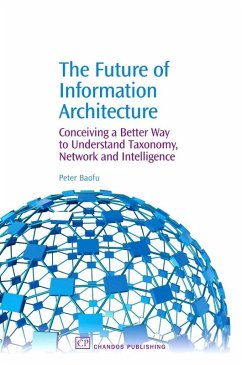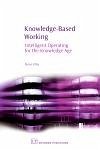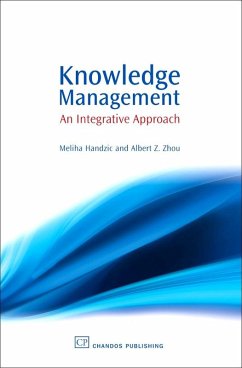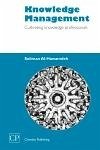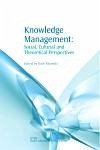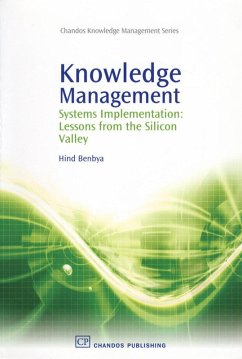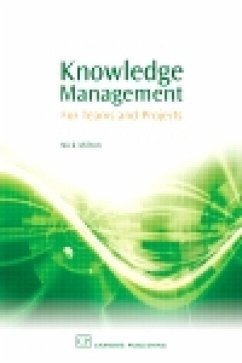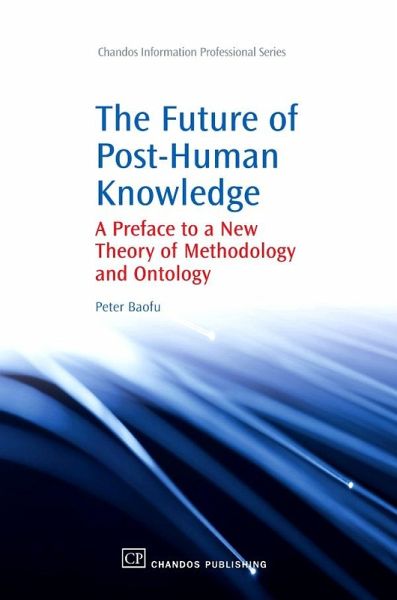
The Future of Post-Human Knowledge (eBook, PDF)
A Preface to a New Theory of Methodology and Ontology

PAYBACK Punkte
20 °P sammeln!
Why should inquiry be possible, only if some knowledge is required to guide it, as conventionally understood? Contrary to the conventional wisdom held by many thinkers in all human history hitherto existing, there are some fundamental dialectic principles hidden behind any categories of understanding in knowing. And these principles impose some constraints, at both methodological and ontological levels, together with other levels in culture, society, nature, and the mind - on how reality is to be understood. Furthermore, the specific categories of understanding (as conventionally understood), ...
Why should inquiry be possible, only if some knowledge is required to guide it, as conventionally understood? Contrary to the conventional wisdom held by many thinkers in all human history hitherto existing, there are some fundamental dialectic principles hidden behind any categories of understanding in knowing. And these principles impose some constraints, at both methodological and ontological levels, together with other levels in culture, society, nature, and the mind - on how reality is to be understood. Furthermore, the specific categories of understanding (as conventionally understood), even if valid at all (which are often not the case), are often not that important, when compared with these more fundamental dialectic principles hidden behind them. The focus on understanding the nature of knowledge has been much misplaced, in this sense, in the intellectual history hitherto existing, and much time and talent have been wasted for something less important. If true, this thesis will alter the way of how knowledge is to be understood across the board. - Is written by a highly knowledgeable and well-respected scholar - A new theory called The Holistic Theory of Knowledge - A comprehensive analysis of knowledge in relation to methodology and ontology, from the perspectives of nature, the mind, society, and culture
Dieser Download kann aus rechtlichen Gründen nur mit Rechnungsadresse in A, B, BG, CY, CZ, D, DK, EW, E, FIN, F, GR, HR, H, IRL, I, LT, L, LR, M, NL, PL, P, R, S, SLO, SK ausgeliefert werden.





